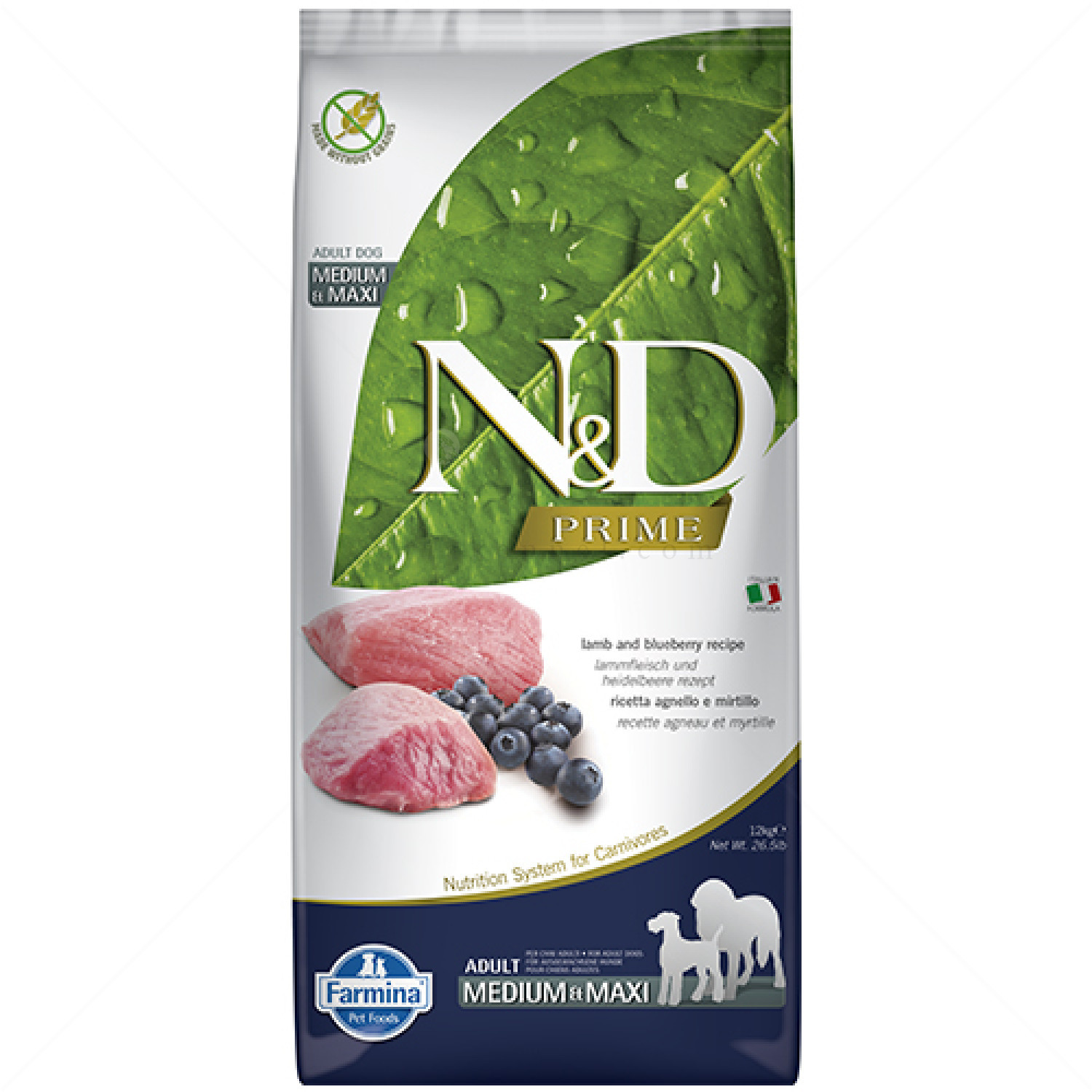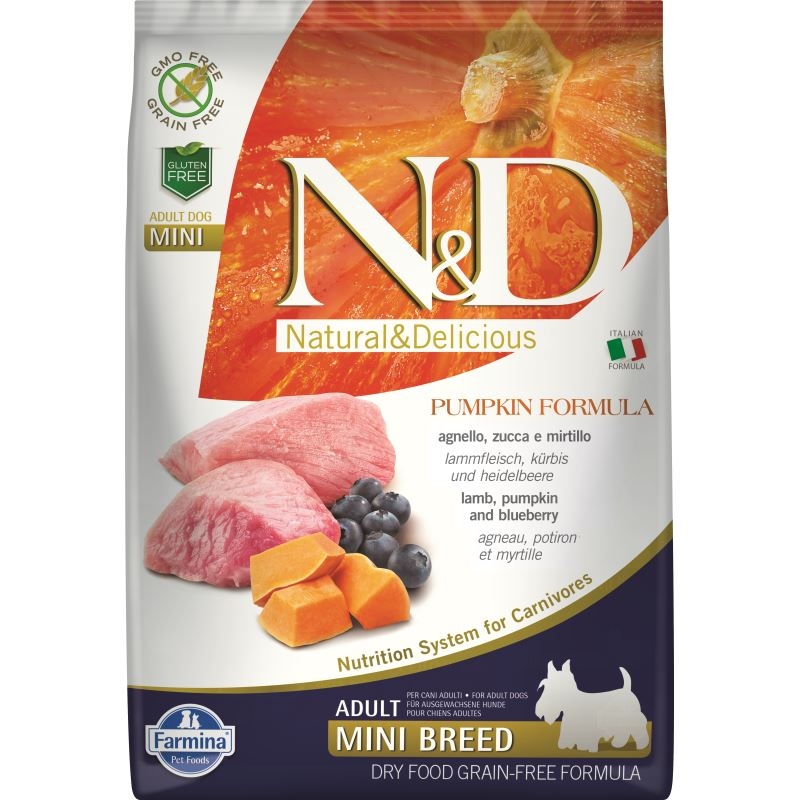N&D pet food, a pioneer in dog diet, units the degree for a adventure into the sector of top rate puppy care. Its meticulously crafted formulation, guided by means of the philosophy of ancestral diets, unencumber the secrets and techniques to optimum well being and power to your hairy significant other.
With a deep figuring out of dog nutritional wishes, N&D pet food gives a various vary of variants adapted to other ages, breeds, and explicit well being necessities. Its unwavering dedication to the usage of herbal, high quality elements guarantees that each meal is not only a supply of nourishment but in addition a birthday celebration of your canine’s well-being.
Dietary Profile

N&D pet food is formulated with high quality elements to supply your puppy with optimum diet. Let’s delve into the important thing elements and their dietary importance:
Protein
- N&D pet food comprises a wealthy mix of animal proteins, together with lamb, rooster, fish, and duck.
- Those proteins are extremely digestible and supply crucial amino acids which are the most important for muscle construction, tissue restore, and total well being.
Fats
- The fats content material in N&D pet food is derived from animal assets, corresponding to rooster fats and fish oil.
- Those fat are wealthy in omega-3 and omega-6 fatty acids, which reinforce wholesome pores and skin and coat, cut back irritation, and advertise cognitive serve as.
Carbohydrates
- N&D pet food comprises a average quantity of carbohydrates from assets like brown rice and oats.
- Those carbohydrates supply sustained power and reinforce digestive well being by means of selling the expansion of advisable micro organism within the intestine.
Nutrients and Minerals, N&d pet food
- N&D pet food is fortified with a complete vary of nutrients and minerals, together with nutrition A, nutrition C, nutrition E, calcium, and phosphorus.
- Those vitamins are crucial for keeping up a robust immune gadget, wholesome bones and enamel, and total well-being.
Palatability and Style
N&D pet food variants are meticulously crafted with a various vary of flavors to tantalize the style buds of even probably the most discerning dogs. The usage of healthy, herbal elements now not simplest complements the dietary price of the meals but in addition contributes to its outstanding palatability.
Selection for Enhanced Style Enchantment
Keeping up style attraction is the most important for long-term enjoyment and optimum nutrient consumption. N&D gives a wide selection of flavors, together with lamb, rooster, salmon, and venison, making sure that your canine by no means tires in their mealtime enjoy. The rotation of various flavors stimulates their style buds, fighting boredom and inspiring a wholesome urge for food.
Well being Advantages

N&D pet food is formulated with a spread of herbal elements that supply a large number of well being advantages to your hairy buddy. From selling digestive well being to supporting pores and skin and coat well being and selling joint mobility, N&D has were given your canine’s well-being lined.
Digestive Well being
N&D pet food is extremely digestible, making it a very good selection for canine with delicate stomachs or digestive problems. The formulation is wealthy in prebiotics and probiotics, which assist to advertise a wholesome stability of intestine micro organism and reinforce optimum digestion.
Moreover, the inclusion of fiber is helping to control bowel actions and save you constipation.
Pores and skin and Coat Well being
N&D pet food comprises a mix of omega-3 and omega-6 fatty acids, that are crucial for keeping up wholesome pores and skin and a lustrous coat. Those fatty acids assist to nourish the surface, cut back irritation, and advertise hair enlargement. Moreover, the formulation is enriched with nutrients and minerals which are crucial for pores and skin and coat well being, corresponding to nutrition A, nutrition E, and zinc.
Joint Mobility
N&D pet food is formulated with glucosamine and chondroitin, two herbal dietary supplements which are identified to reinforce joint well being. Those dietary supplements assist to lubricate the joints, cut back irritation, and advertise cartilage enlargement. Because of this, N&D pet food can assist to toughen mobility and cut back the danger of joint ache and stiffness in canine of every age.
Product Line and Variants

N&D gives a complete vary of pet food variants adapted to fulfill the particular wishes of canine in line with age, breed measurement, and well being necessities. The product line encompasses a big selection of formulation, making sure that each canine can to find the very best vitamin to reinforce their optimum well-being.
That will help you navigate the N&D product line, we’ve got arranged the variants into 3 primary classes:
Age-Primarily based Variants
- Pet:Formulated for domestic dogs of all breeds, offering crucial vitamins for optimum enlargement and construction.
- Grownup:Designed for grownup canine of all breeds, keeping up a wholesome weight and supporting total well-being.
- Senior:Adapted for senior canine, supporting joint well being, cognitive serve as, and total power.
Breed Measurement Variants
- Mini:Appropriate for small breeds, offering smaller kibble measurement and adapted nutrient composition.
- Medium:Designed for medium-sized breeds, assembly their power necessities and selling optimum weight.
- Maxi:Formulated for massive and massive breeds, supporting joint well being, mobility, and total well-being.
Particular Well being Wishes Variants
- Grain-Loose:Ultimate for canine with grain sensitivities or allergic reactions, offering selection assets of carbohydrates.
- Weight Regulate:Designed for canine susceptible to weight achieve, serving to arrange calorie consumption and advertise a wholesome weight.
- Delicate:Formulated for canine with delicate stomachs, that includes simply digestible elements and diminished possible for allergic reactions.
Client Critiques and Testimonials: N&d Canine Meals
N&D pet food has garnered a vital quantity of comments from puppy homeowners, offering precious insights into its strengths and spaces for growth. Each sure and unfavourable critiques be offering a complete viewpoint at the product’s efficiency and have an effect on on dog well being and well-being.
Certain critiques incessantly commend N&D for its high quality elements, together with actual meat as the main protein supply. Many puppy homeowners record advanced pores and skin and coat well being, higher power ranges, and diminished digestive problems of their canine after switching to N&D.
Moreover, the grain-free and limited-ingredient formulations are preferred by means of homeowners with canine affected by allergic reactions or sensitivities.
Commonplace Issues in Certain Critiques
- Top of the range elements, together with actual meat as the main protein supply
- Stepped forward pores and skin and coat well being
- Larger power ranges
- Diminished digestive problems
- Grain-free and limited-ingredient formulations for canine with allergic reactions or sensitivities
Unfavourable critiques, whilst much less commonplace, elevate considerations concerning the product’s worth, which some puppy homeowners to find to be upper than competing manufacturers. Moreover, a couple of critiques point out problems with palatability, with some canine reportedly refusing to consume the meals. Finally, some puppy homeowners categorical dissatisfaction with the supply of positive flavors or formulations, particularly in smaller package deal sizes.
Commonplace Issues in Unfavourable Critiques
- Upper worth in comparison to competing manufacturers
- Palatability problems, with some canine refusing to consume the meals
- Restricted availability of positive flavors or formulations in smaller package deal sizes
Total, N&D pet food receives sure comments from many puppy homeowners, highlighting its high quality elements, advisable results on dog well being, and suitability for canine with allergic reactions or sensitivities. Alternatively, the product’s upper worth, possible palatability problems, and restricted availability of positive flavors or formulations in smaller package deal sizes are spaces the place N&D may just believe enhancements in line with shopper insights.
Packaging and Design
N&D pet food packaging is designed to maintain product freshness and high quality. The luggage are constructed from a sturdy, moisture-resistant subject matter that keeps the meals dry and save you spoilage.
The packaging additionally includes a resealable zipper that permits for simple get right of entry to to the meals and is helping to deal with its freshness. The packaging could also be designed to be visually interesting, with vivid colours and impressive graphics that assist to draw consideration.
Sustainability and Comfort
There are a couple of ways in which the packaging of N&D pet food might be advanced relating to sustainability and comfort.
- The luggage might be constructed from a extra sustainable subject matter, corresponding to recycled plastic or biodegradable fabrics.
- The luggage might be designed to be extra handy to retailer, corresponding to by means of including a care for or making them stackable.
- The resealable zipper might be advanced to make it tougher and more uncomplicated to make use of.
FAQs
What makes N&D pet food other from different manufacturers?
N&D pet food distinguishes itself via its unwavering dedication to the usage of herbal, high quality elements, in moderation decided on to imitate the ancestral diets of canine. This method guarantees optimum nutrient absorption and helps total dog well-being.
Is N&D pet food appropriate for all canine?
N&D pet food gives a complete vary of variants meticulously adapted to fulfill the original dietary wishes of canine of various ages, breeds, and explicit well being necessities. Whether or not your significant other is a playful pet, an impressive senior, or has explicit nutritional sensitivities, N&D has a formulation designed to reinforce their optimum well being.
How does N&D pet food advertise digestive well being?
N&D pet food comprises a mix of prebiotics and probiotics, crucial for keeping up a wholesome digestive gadget. Those advisable microorganisms reinforce the expansion of excellent micro organism within the intestine, selling environment friendly nutrient absorption, decreasing digestive disappointed, and strengthening the immune gadget.

